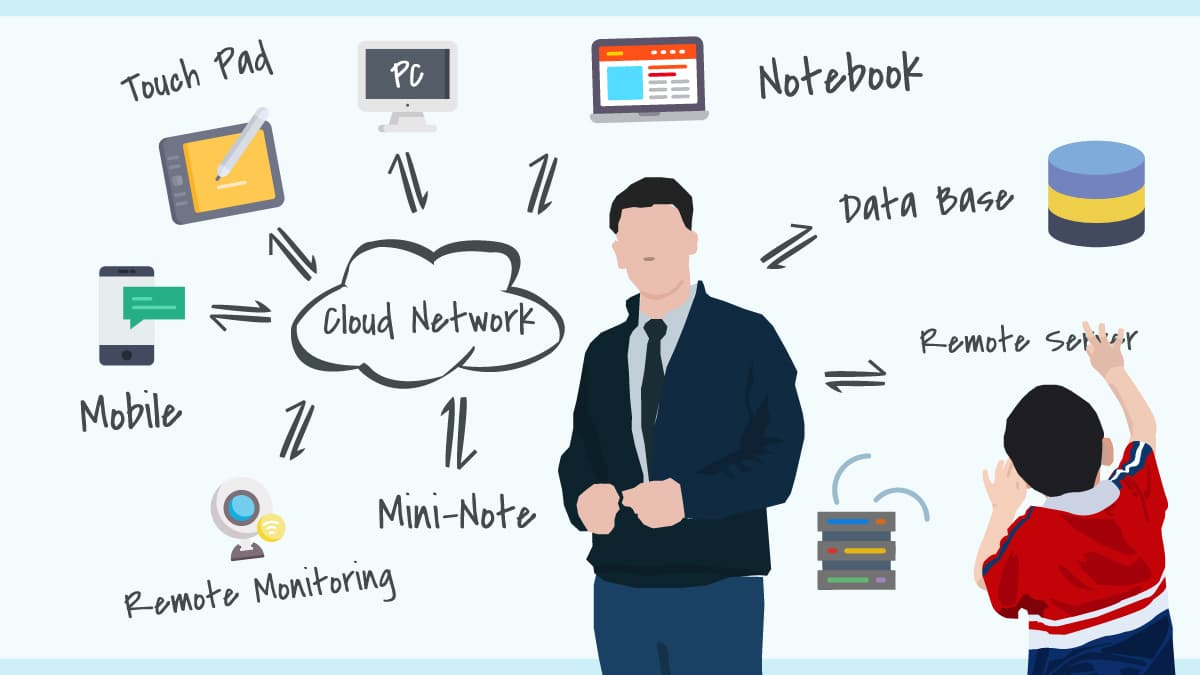Free Courses Sale ends Soon, Get It Now


Free Courses Sale ends Soon, Get It Now



Copyright infringement is not intended
Context: The Union Ministry of Education initiated an Interactive survey with Class 3 students to assess learning loss.
Details:
Pandemic and Education:
Steps taken by Government:
Way forward:
© 2024 iasgyan. All right reserved